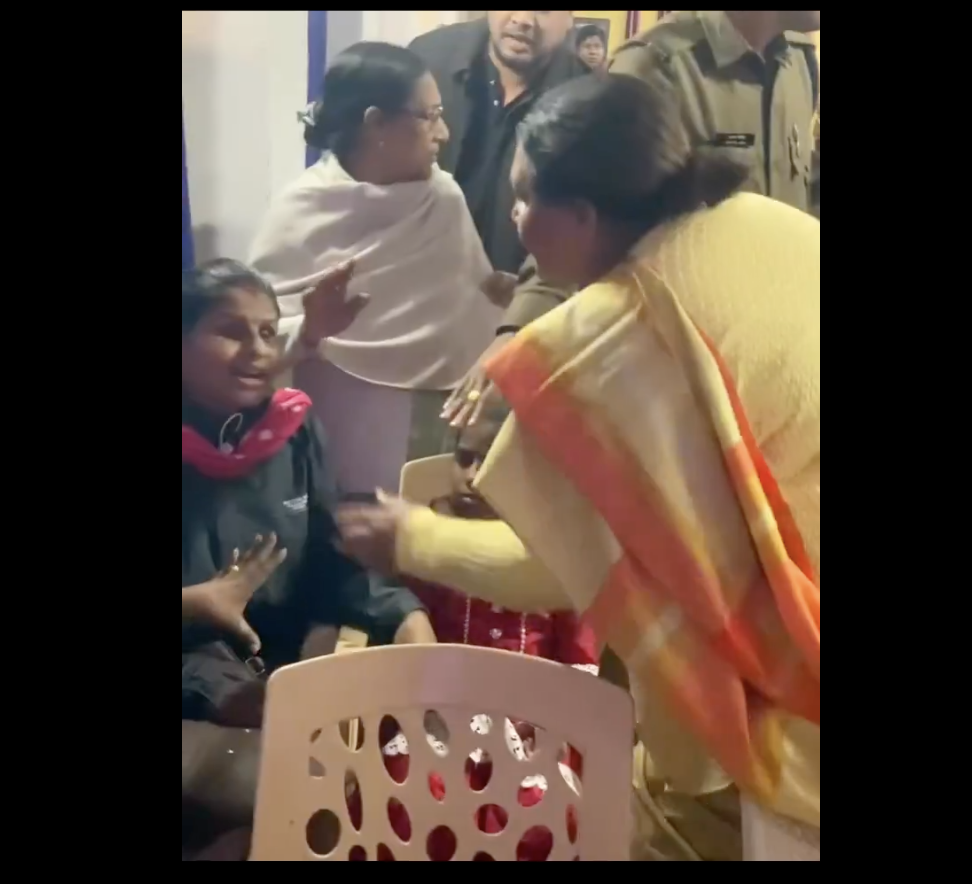By ASHFAQUE EJ, NIDHIN CHANDRAN
“WE CAME HERE AS DEVOTEES,” Valsan Thillankeri thundered into a Kerala Police mike-set. He was standing among a circle of policemen watching calmly, immediately outside the premises of the Sabarimala temple. “We should make our offerings in peace and arrange for those who fall under the age category.”
The Rashtriya Swayamsevak Sangh leader had led a violent agitation for days, in contrast to the peace he was advocating for now. His machinations had driven a deep rift through Kerala’s political and social fabric. Just minutes before, a large group of Hindu activists under Valsan’s leadership had walked up the winding path to the temple—dressed as devotees, though they followed none of the ritualistic requirements of the temple—and accosted a 52-year-old woman. They accused her of violating the deity’s supposed diktat preventing women of menstrual age from approaching the shrine. Frenzied protesters, chanting incantations to Ayyappa, charged at her as soon as she reached the temple compound, pushing her around until she finally collapsed. They then attacked the watching journalists, hitting one on the forehead with a coconut while some members of the mob flung chairs at a cameraman trying to take shelter on the ledge of a nearby building.
Between September 2018 and January 2019, following a Supreme Court verdict that allowed women of all ages to enter the temple—its restriction being termed a violation of “the right to worship”—the Bharatiya Janata Party, RSS and a plethora of Hindu-nationalist organisations had led agitations across the length of the state. By the end of an agitation seven hartals long, wide-scale arson and damage of government buses by Hindu nationalists was reported, as was targeted attacks against women and journalists. Over four thousand protesters were also arrested.
The crisis ended with two women, Bindu Ammini and Kanakadurga, successfully ascending the temple steps. But by then what was also visible was a significant strengthening of the Hindu Right in Kerala, a region where it had always remained in the political periphery. Valsan, who until then was known to most Malayalis as a mild-mannered teacher, emerged as a hero of the Hindu Right—which had long been in search of alternatives to the relatively milder Hindutva leaders of the BJP’s Kerala unit.
This story was originally published in caravanmagazine.in. Read the full story here.






